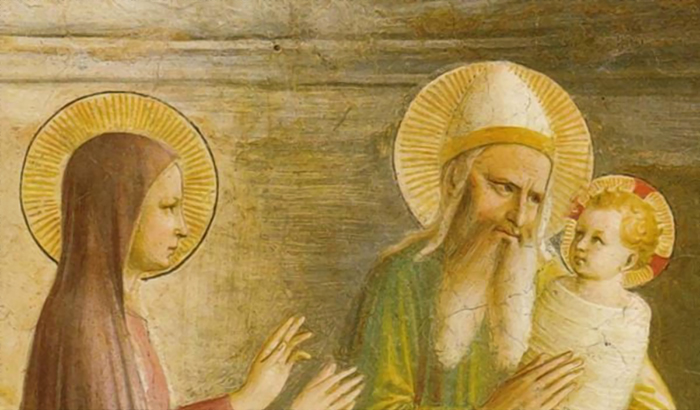
Today’s reflection verse from Hebrews links Christian teaching on grace with man’s response to that grace. Commenting on this passage, St Thomas Aquinas explains that the words “equip you with everything good that you may do his will” is the same as saying “may God make you desire everything good” because it is God’s will that we act of our own free will. If we did not act freely, our will would not be good; if we do God’s will, we will always do what is good for us. God has disposed man’s will to choose to do what is right. It is up to man to respond to God’s design. In this sense, God “equips us with everything good that you may do his will.” We can do nothing to add or remove the grace God bestows on us, but we can affect how that grace will impact our lives and vocations through our actions.



